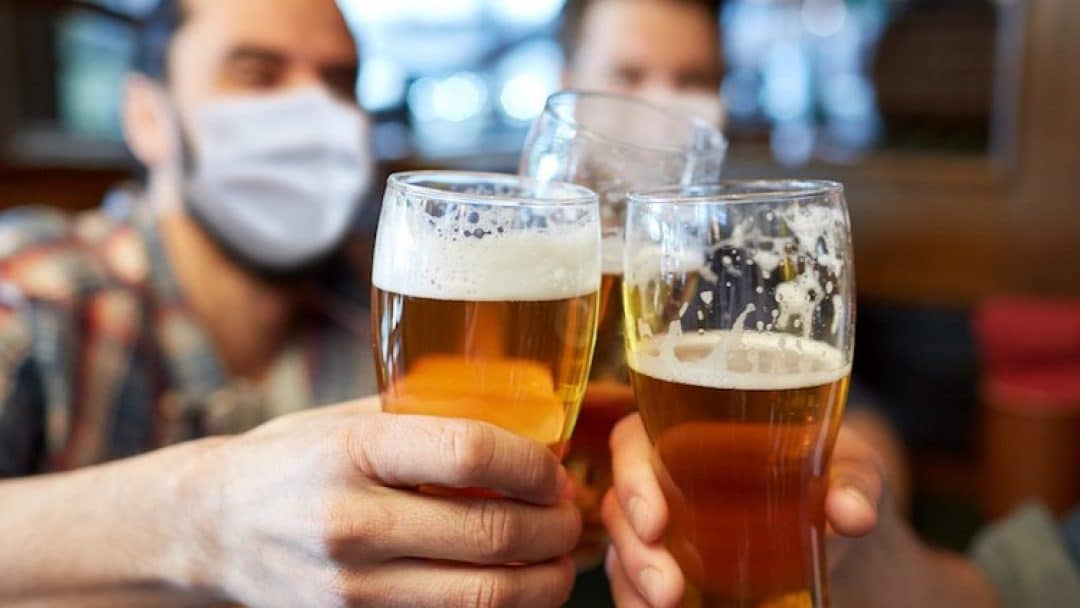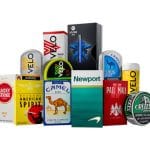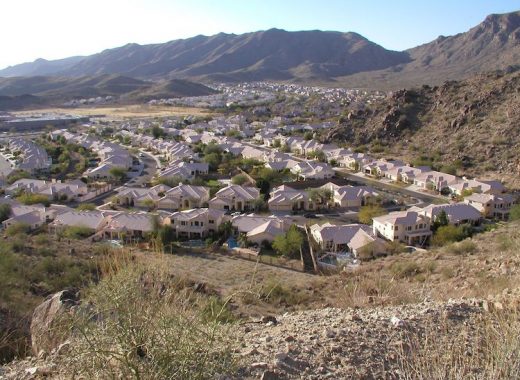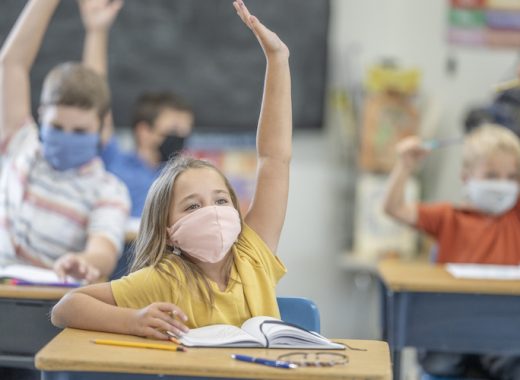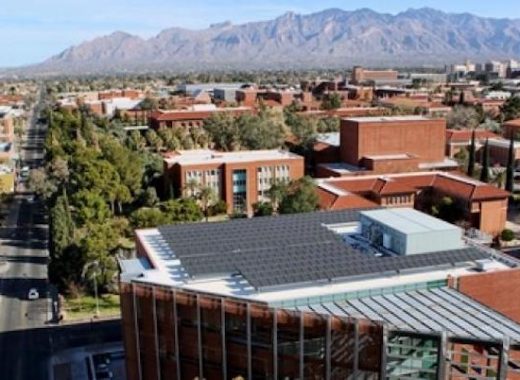After such a tumultuous year full of loss, stress and worry, celebrating receiving a vaccine seems only natural. But is it actually OK to drink after getting the shot? Doctors say probably, in moderation.
Dr. Elizabeth Connick, a professor of medicine and immunobiology and an infectious disease expert with the University of Arizona says heavy alcohol consumption can negatively impact the immune system’s response. But moderate consumption should be ok.
“A celebratory drink may be in order,” Connick said. “But not lots of them.”
As more Americans receive the COVID-19 vaccine, you may be wondering about the possible effects of drinking before and after getting the shots.
Dr. Farshad Fani Marvasti, who goes by Dr. Shad, is a public health, prevention and wellness expert, Stanford-trained physician and researcher based in Phoenix. Dr. Natasha Bhuyan specializes in family medicine and is a clinical assistant professor at the University of Arizona College of Medicine – Phoenix.
These experts answered six questions about what you should know before saying cheers after getting the COVID-19 vaccine.
Is it safe to drink after you get the COVID-19 vaccine?
Doctors agree, moderation is important when choosing how to celebrate after getting vaccinated.
“One or two drinks is probably not going to do anything with respect to thwarting the immune response to the vaccine,” Marvasti says, noting that medically, moderate level drinking is classified as one drink per day for women and two for men.
Any more than that, and the alcohol can impair the immune system, and is “definitely something you should avoid,” Marvasti says.
Bhuyan notes that during the research trials for the vaccines, participants weren’t given guidance on drinking alcohol. The Centers for Disease Control also has not published official recommendations for or against drinking post vaccine.
“However, it’s still important to drink only in moderation after the COVID vaccine,” Bhuyan wrote. “A toast to celebrate the COVID vaccine is fine. But in general, too much alcohol can impact our immune system.”
What could happen if you drink after getting vaccinated?
Once people receive a dose of the COVID-19 vaccine, their immune system gets to work producing antibodies that help protect against the virus. With the two-dose Pfizer and Moderna vaccines, people are more likely to feel symptoms after the second shot.
“Usually people feel more symptoms after the second dose because your immune system has already been primed after the first one, so there’s a stronger response,” Marvasti says. “You want to get the maximum immune response from both doses.”
Drinking, especially in excessive amounts, impairs the immune system’s ability to respond fully, and may reduce the effectiveness of the vaccine, doctors say.
Also, adding a hangover to the mix could make the side effects some experience feel worse.
While a sore arm can be expected after any shot, the second dose of either the Pfizer or Moderna COVID-19 vaccinations has been shown to cause flu-like symptoms such as fever and tiredness in some people. Others experience no symptoms at all.
“Alcohol is dehydrating and can exacerbate the post-vaccine symptoms people may feel, such as muscle aches or fatigue. This is why it’s important to only have a drink or two after the vaccine,” Bhuyan wrote.
What about drinking before your shot?
A similar rule applies to drinking before either dose of the coronavirus vaccine; less is more.
“I wouldn’t get wasted the day before,” Marvasti says. “You don’t want to go over the top. Any amount of alcohol can inhibit your immune system for up to 48 hours.”
One or two drinks may have an effect that’s “not that significant,” Marvasti says. However, he recommends that not drinking prior to getting vaccinated is the best option.
Is drinking beer or wine better than liquor?
Whether you prefer beer, wine or a cocktail, the amount of alcohol consumed is more important than the type, doctors agree.
Following the medical definitions for moderate drinking, one drink equals 12 ounces of beer, 5 ounces of wine or 1.5 ounces of spirits.
“But less is more,” Marvasti says. “If you can avoid it completely, why take that risk of having something we know inhibits your immune system?”
Is it safe to go to a bar after you get your shot?
CDC does not have recommendations around drinking, but does around gathering. People who received their first shot, or who just received their second, are not yet fully protected against COVID-19.
The agency recommends waiting until two weeks after receiving the second dose before returning to pre-pandemic activities such as traveling or visiting bars and restaurants.
Therefore, getting a shot and celebrating right after at a bar is not advised. But a drink at home may be in the cards.
Also, mingling with those outside of your household in an enclosed space continues to be listed as an “increased-risk activity.” The CDC recommends that people are safer eating and drinking at restaurants and bars that have outdoor seating.
How long should you wait before drinking?
If people decide to refrain from drinking all together around the time of their vaccine doses, it is unclear how long that period should last.
Bhuyan recommends people wait 48 hours. This time frame includes the period when most people could feel side effects of the vaccine.
Marvasti recommends a longer pause from drinking. Between the first and second doses, peoples’ immune systems are building antibodies the entire time, he says. To get the most effectiveness from the vaccine, he recommends taking about a month off from drinking.
“If you really want to do it by the book to maximize your chances of getting as many antibodies as possible, and not limit your immune system’s ability to create antibodies in response to the vaccine, I would probably wait until 10 days out after your second dose.”


